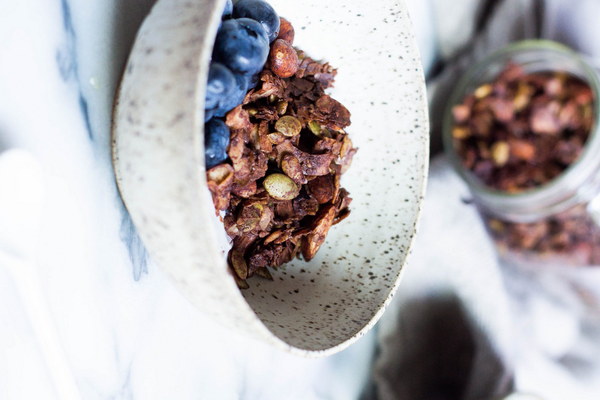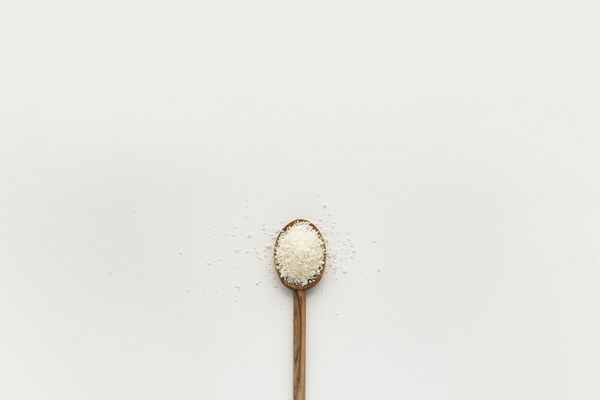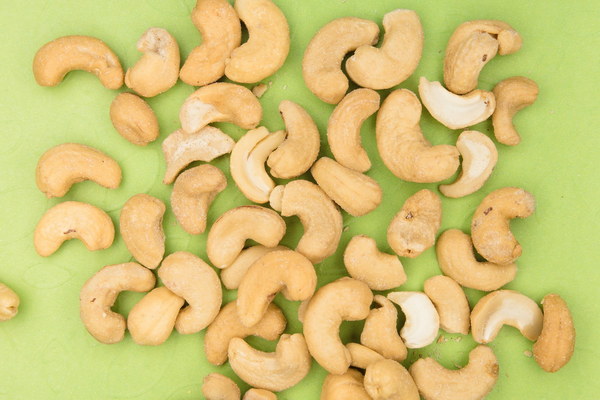Post-Menstrual Dampness Relief A Guide to Boosting Your Health
Post-menstrual dampness is a common issue that many women face after their periods. It refers to the accumulation of dampness in the body, which can lead to various discomforts and health problems. In traditional Chinese medicine, dampness is considered an imbalance that can disrupt the body's natural functions. This article will provide a comprehensive guide to post-menstrual dampness relief, including dietary tips, lifestyle adjustments, and natural remedies.
Understanding Post-Menstrual Dampness
Post-menstrual dampness is often characterized by symptoms such as fatigue, bloating, weight gain, and mood swings. It is believed to occur when the body's internal environment becomes too damp, which can be caused by factors like poor diet, stress, and overexposure to cold and damp weather.
Dietary Tips for Post-Menstrual Dampness Relief
1. Increase consumption of warm, nourishing foods: Incorporate warm, nourishing foods such as soups, stews, and steamed vegetables into your diet. These foods help to expel dampness from the body and provide essential nutrients.
2. Reduce intake of cold and raw foods: Avoid cold and raw foods, such as salads, iced drinks, and uncooked fruits and vegetables. These foods can exacerbate dampness and lead to further discomfort.
3. Limit sugary and processed foods: High sugar and processed foods can contribute to dampness in the body. Try to minimize your intake of these foods and opt for whole, unprocessed foods instead.
4. Include dampness-relieving foods: Foods like ginger, turmeric, and black sesame seeds are known for their dampness-relieving properties. Incorporate these ingredients into your meals to help alleviate symptoms.
Lifestyle Adjustments for Post-Menstrual Dampness Relief
1. Get plenty of rest: Adequate sleep is essential for overall health and can help alleviate dampness-related symptoms. Aim for 7-9 hours of quality sleep each night.
2. Exercise regularly: Regular exercise can improve circulation, boost the immune system, and help expel dampness from the body. Engage in activities you enjoy, such as walking, yoga, or swimming.
3. Manage stress: Chronic stress can contribute to dampness in the body. Practice stress-reducing techniques such as meditation, deep breathing exercises, and spending time in nature.

4. Stay warm: Dampness is often exacerbated by cold weather. Dress warmly, especially during the cooler months, and avoid getting wet or chilled.
Natural Remedies for Post-Menstrual Dampness Relief
1. Acupuncture: Acupuncture is a traditional Chinese medicine practice that can help balance the body's energy and alleviate dampness-related symptoms. Consult with a qualified acupuncturist for personalized treatment.
2. Herbs: Certain herbs have dampness-relieving properties. Consult with a herbalist or naturopathic doctor to determine the best herbal remedies for your specific needs.
3. Essential oils: Aromatherapy using essential oils such as eucalyptus, tea tree, and ginger can help alleviate dampness and improve overall well-being. Use essential oils in a diffuser or apply them topically (diluted) for best results.
4. Massage: A gentle massage can help improve circulation and relieve muscle tension, which can contribute to dampness-related symptoms. Consider booking a session with a qualified massage therapist.
Conclusion
Post-menstrual dampness is a common issue that can be addressed through a combination of dietary, lifestyle, and natural remedies. By understanding the root causes of dampness and implementing these strategies, you can effectively alleviate symptoms and improve your overall health and well-being. Remember to consult with healthcare professionals before starting any new treatment or making significant changes to your diet or lifestyle.









